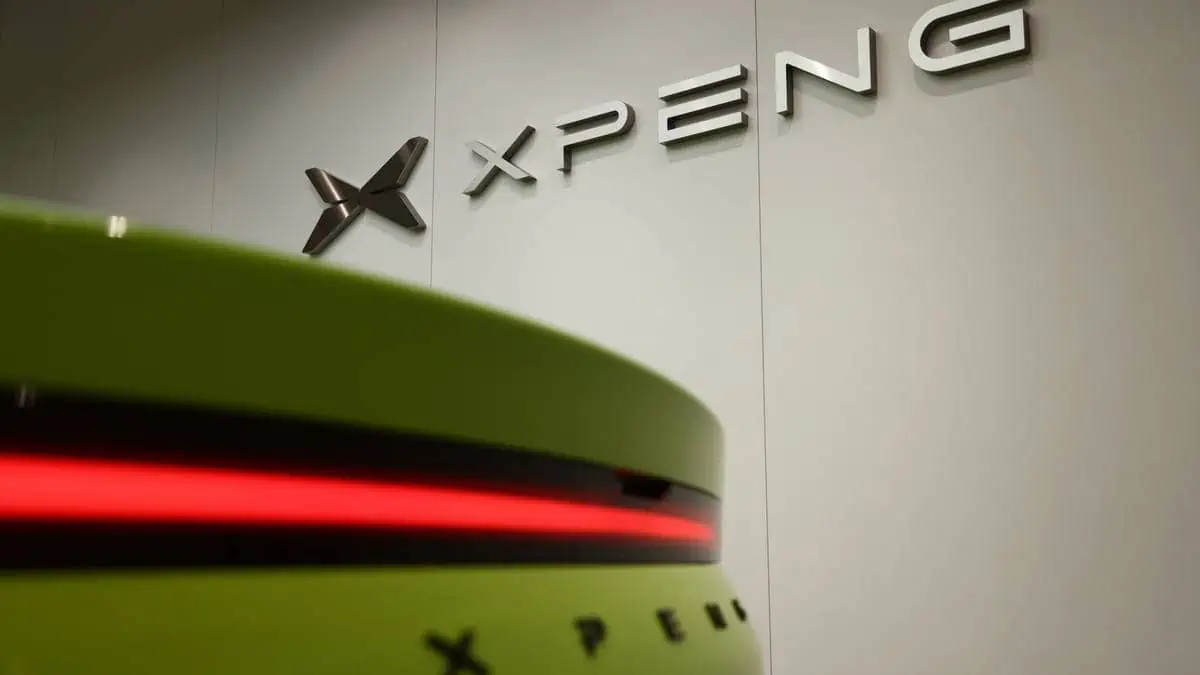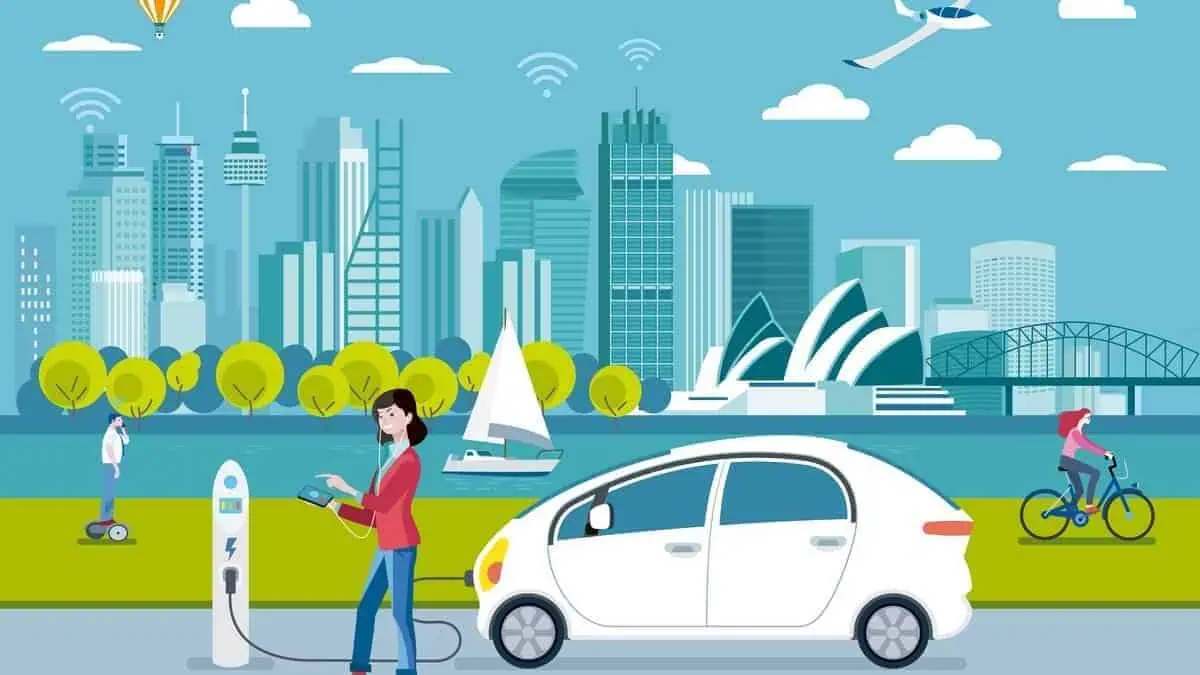Chinese electric automakers, including Neta Auto and XPeng Motors, are trying their luck in Africa as they adjust their global expansion strategies amid trade tensions in the European Union.
Chinese players set sights on Africa
According to Nikkei Asia, Chinese startups Neta Auto and XPeng Motors are now intensifying their penetration of the African market as they face major regulatory hurdles in Europe.
Hozon New Energy Automobile-owned EV brand Neta launched its flagship store in Kenya in late June 2024, marking its first dealership in the region.
Neta reportedly aims to penetrate 20 markets in Africa over the next two years. As part of this effort, the company plans to establish 100 dealerships and sell over 20,000 electric vehicles in the region within three years.
Neta believes Kenya “serves as a gateway to Southern, Central, and Eastern Africa,” potentially enabling it to easily access neighboring markets.
Meanwhile, XPeng declared the sales launch of its G9 electric SUV and the P7 electric sedan in Egypt in mid-June 2024.
BYD launched its popular Atto 3 electric SUV in South Africa, which is the biggest market on the continent. It had a base price of 768,000 rand (around $41,000).
“We believe we can provide all of our South African customers with vehicles that not only meet their transportation needs, but exceed their expectations.”
Huang Zhixue, General Manager of BYD’s Middle East and Africa auto sales division
European regulatory hurdles
Chinese electric automakers have traditionally targeted Europe and Southeast Asia for international growth. In fact, according to industry data, China-made electric and plug-in hybrid vehicles accounted for 40% or so of the European market in 2023.
However, the European Commission’s efforts to protect its local industry and homegrown players threaten Chinese companies’ further position in the market.
In mid-June, the EU announced countervailing tariffs of up to 38.1% on China-made EV imports. These new import tariffs will take effect on July 4, 2024.
The European Commission contends that China-made EVs benefit from unfair government subsidies, which disrupt fair competition in the European market.
Africa seen as viable market
Chinese players are betting on EVs and PHEVs to compete in Africa’s developing market. They plan to offer a wider range of electric vehicle models in the continent and establish a strong brand image,
They seek to appeal to environmentally-aware customers even if the electric vehicles come at a higher price range. IEA data showed that EVs are still uncommon in Africa, accounting for only sub-1% of overall car sales.
However, government policies to cut greenhouse gas emissions by 2030 can substantially boost EV sales. In general, Africa and the Middle East are promising markets for automotive. According to GlobalData, new vehicle sales in Africa will surge 53% to 1.52 million units in 2036, while the Middle East will see a 41% growth to 3.96 million units.
Neta and XPeng, by entering the African market early, can establish a strong foothold before many other electric automakers arrive. This strategy can give them a significant advantage in capturing market share. However, it would be very challenging for them, given that the continent’s power grids and charging networks are still under development.






